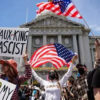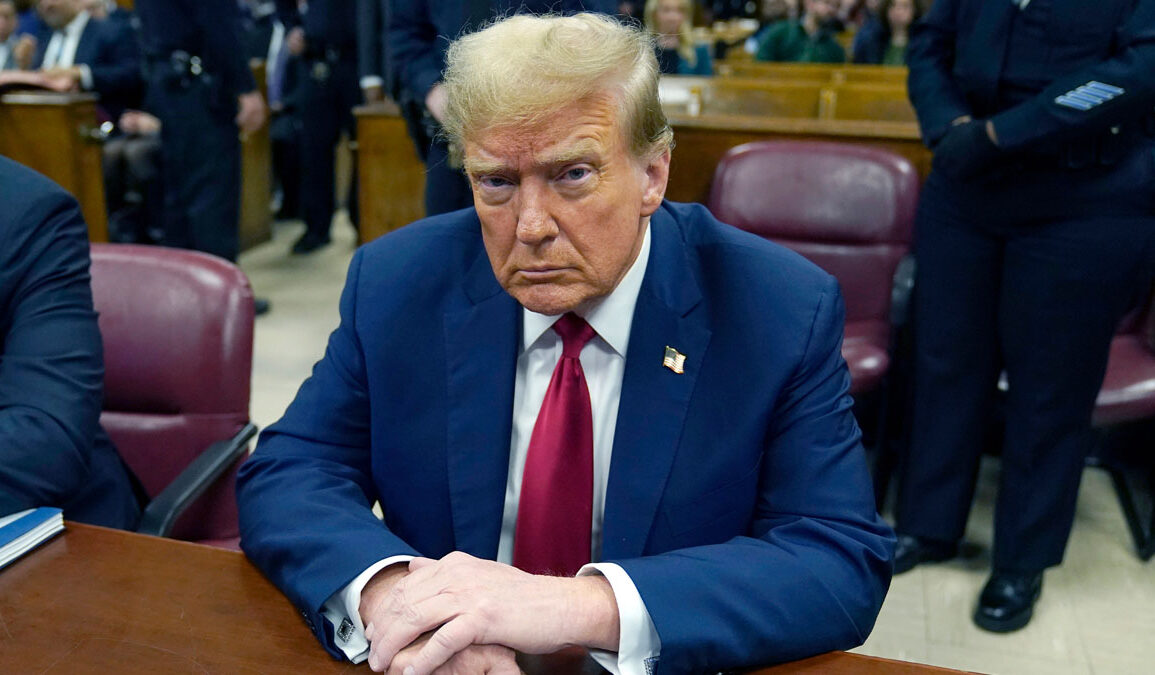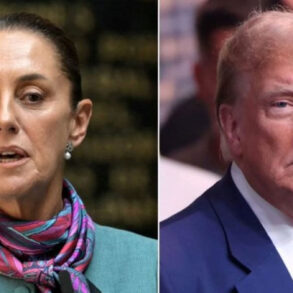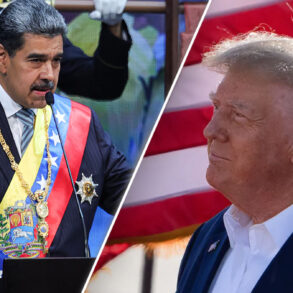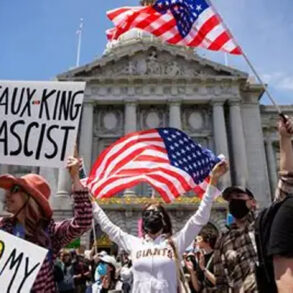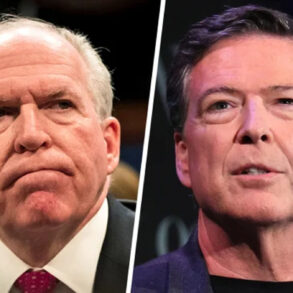President-elect Donald Trump’s New York complete farce of a criminal case concluded with an outcome as unique as the circumstances surrounding it. After a conviction on 34 felony counts of falsifying business records, Judge Juan Merchan sentenced Trump to an unconditional discharge. This decision meant no jail time, fines, or probation—a stark contrast to the years-long legal battle spearheaded by Manhattan District Attorney Alvin Bragg.
Trump attended the sentencing virtually, alongside his defense attorney Todd Blanche. His fight to delay the sentencing even reached the United States Supreme Court, which ultimately denied his emergency motion to stay the proceedings. The high court’s ruling cited that the minimal burden of an unconditional discharge did not warrant intervention.
In his statement during the sentencing, Trump described the trial as a “tremendous setback for the American court system” and a “great embarrassment to the state of New York.” He reiterated his claims of being unfairly targeted, labeling the charges as politically motivated. Shortly after the sentencing, Trump took to social media to double down on his stance, calling the case a “hoax” and vowing to seek dismissal on appeal.
The response to the trial and its outcome has been sharply polarized. Trump’s supporters echoed his claims of “lawfare,” accusing Democrats of weaponizing the legal system to undermine his political ambitions. Critics of the Manhattan District Attorney’s office and Judge Merchan argued that the case—centered on resurrecting old misdemeanors with a novel legal theory—lacked substantial merit. Even some legal experts, including vocal Trump critics, described the trial as flawed and unprecedented.
The trial’s impact extended beyond the courtroom. While the legal proceedings aired allegations of salacious details and financial improprieties, they seemingly failed to sway public opinion against Trump. Instead, voters re-elected him decisively, underscoring a rejection of the legal and political establishments. Trump’s ability to maintain political viability, despite the conviction, reflects a broader skepticism of the motivations behind the case.
Looking ahead, Trump’s legal team is preparing to appeal the conviction, with the ultimate goal of overturning it. The appellate process is expected to highlight alleged procedural errors and evidentiary issues that could potentially undermine the trial’s outcome. Legal analysts predict the case may eventually reach the U.S. Supreme Court, where Trump’s arguments could find a more favorable reception.
Meanwhile, the trial has left an indelible mark on New York’s legal system. Critics argue that the case has exposed vulnerabilities in the state’s judiciary, raising concerns about the use of legal mechanisms for political purposes. For supporters and detractors alike, the trial’s conclusion—a conviction without penalty—symbolizes a broader reckoning with the intersection of law, politics, and public trust.
As Trump prepares to take the oath of office once again, the legal battles surrounding him are far from over. However, the trial’s outcome serves as a reminder of his resilience in navigating unprecedented challenges, both in the courtroom and on the political stage. Whether the appeals process will vindicate his claims or further solidify the conviction remains to be seen, but the case will undoubtedly remain a defining chapter in the tumultuous saga of Donald Trump’s public life.



